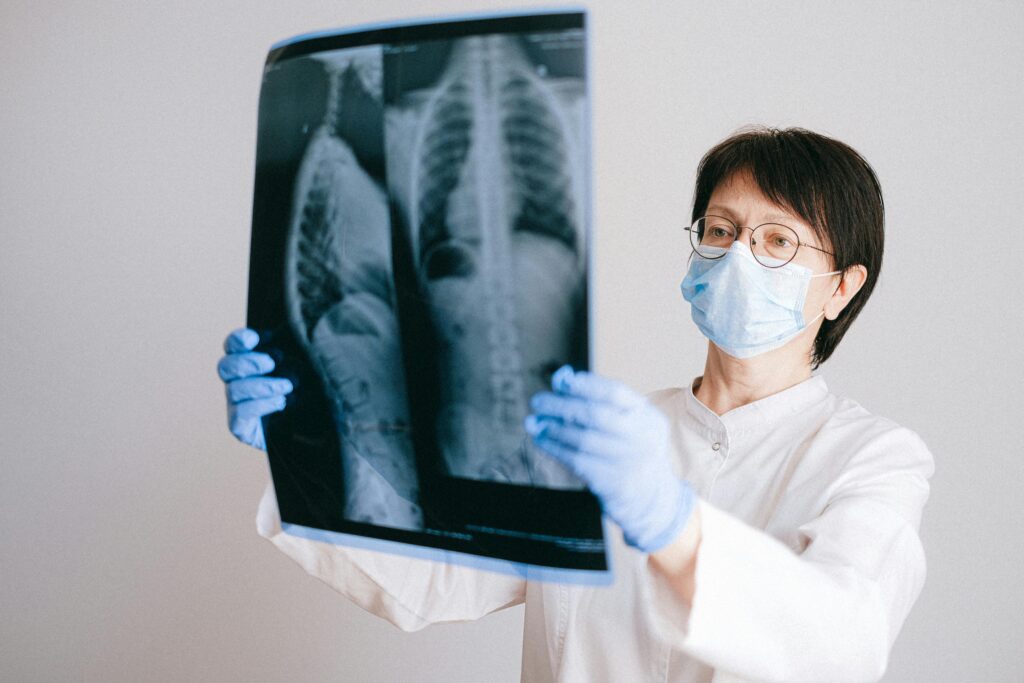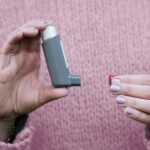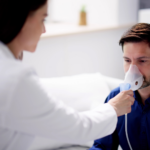Our respiratory system plays a crucial role in delivering oxygen to the body and removing carbon dioxide. However, exposure to air pollution, smoking, allergens, and respiratory infections can lead to various lung issues. Fortunately, there are several effective strategies to strengthen lung health and prevent respiratory conditions. Here’s how you can improve your respiratory health and breathe easier.
1. Maintain Good Indoor Air Quality
Indoor air quality significantly impacts respiratory health. Poor ventilation, dust, mold, and chemicals can trigger respiratory problems, especially for people with asthma or allergies. Here are some ways to improve indoor air quality:
- Use an Air Purifier: High-efficiency particulate air (HEPA) filters help remove pollutants and allergens.
- Reduce Indoor Pollutants: Avoid smoking indoors, minimize the use of harsh cleaning chemicals, and opt for natural alternatives.
- Control Humidity Levels: Excess humidity can lead to mold growth. Use a dehumidifier to maintain an optimal humidity level (30-50%).
- Regular Ventilation: Open windows to let fresh air circulate, especially while cooking or cleaning.
- Keep Your Home Dust-Free: Regularly clean furniture, carpets, and curtains to reduce dust accumulation.
2. Adopt a Healthy Diet for Lung Health
A nutritious diet plays a vital role in maintaining lung function and reducing inflammation. Consider incorporating the following foods:
- Antioxidant-Rich Foods: Berries, leafy greens, and citrus fruits help reduce oxidative stress in the lungs.
- Omega-3 Fatty Acids: Found in fish, flaxseeds, and walnuts, these help reduce lung inflammation.
- Vitamin D: Low levels of vitamin D have been linked to respiratory issues. Get enough sunlight or consume fortified foods like eggs and dairy.
- Hydration: Drinking enough water helps thin mucus in the airways, making it easier to breathe.
3. Practice Breathing Exercises
Breathing exercises can enhance lung function and increase lung capacity. Try these techniques:
- Diaphragmatic Breathing: Also known as belly breathing, this technique strengthens the diaphragm and improves oxygen intake.
- Pursed-Lip Breathing: This helps control shortness of breath and increases airflow.
- Deep Breathing: Taking slow, deep breaths can expand lung capacity and improve oxygen exchange.
- Pranayama (Yogic Breathing): Techniques such as Anulom Vilom (alternate nostril breathing) help clear airways and promote lung health.
4. Exercise Regularly
Physical activity is essential for keeping your lungs strong and efficient. Cardiovascular exercises, such as walking, jogging, and swimming, help improve lung capacity. Additionally, yoga and stretching exercises can enhance breathing efficiency.
5. Avoid Exposure to Pollutants
Air pollution is a major risk factor for respiratory diseases. Protect yourself by:
- Wearing a Mask: When stepping out in high-pollution areas or during smoggy conditions.
- Checking Air Quality Index (AQI): Avoid outdoor activities when air pollution levels are high.
- Using Exhaust Fans: While cooking or using gas stoves to reduce indoor pollutants.
6. Quit Smoking and Avoid Secondhand Smoke
Smoking is one of the leading causes of lung diseases such as COPD and lung cancer. Quitting smoking improves lung function and reduces respiratory issues. If you don’t smoke, avoid exposure to secondhand smoke, which can be equally harmful.
7. Stay Up-to-Date with Vaccinations
Vaccines play a crucial role in preventing respiratory infections such as influenza, pneumonia, and COVID-19. Annual flu shots and pneumococcal vaccines are especially important for children, older adults, and individuals with existing respiratory conditions.
8. Manage Stress and Anxiety
Chronic stress can negatively impact respiratory health. Practice relaxation techniques like meditation, mindfulness, and deep breathing exercises to reduce anxiety and promote better lung function.
9. Practice Good Hygiene
Respiratory infections can weaken lung health. To reduce the risk of infections:
- Wash hands frequently with soap and water.
- Avoid close contact with sick individuals.
- Disinfect frequently touched surfaces.
- Cover your nose and mouth when coughing or sneezing.
10. Seek Medical Attention When Necessary
If you experience symptoms such as chronic cough, shortness of breath, wheezing, or chest pain, consult a doctor. Early diagnosis and management of respiratory conditions can prevent complications and improve long-term health.
Conclusion
Maintaining respiratory health requires a combination of lifestyle changes, a balanced diet, regular exercise, and reducing exposure to pollutants. By following these steps, you can enhance lung function, reduce the risk of respiratory issues, and breathe easier for years to come. If you have existing lung conditions, consult a healthcare provider for personalized advice on managing your respiratory health.
Please share your experience in the asthma friend community.












